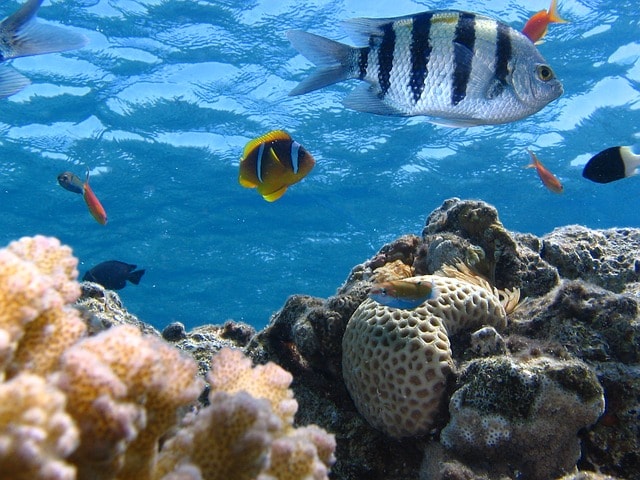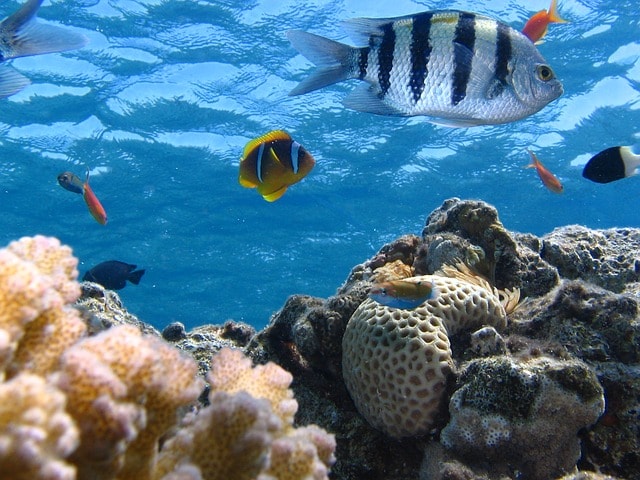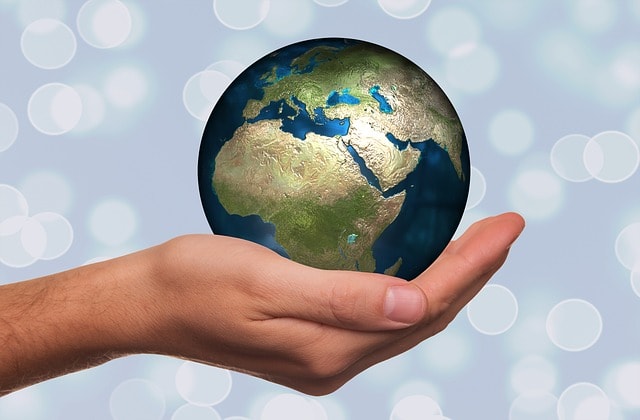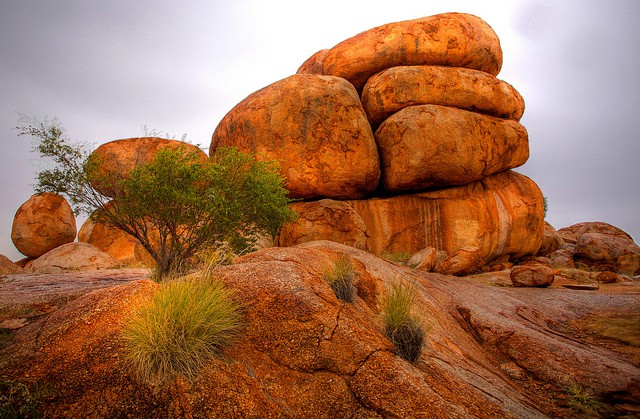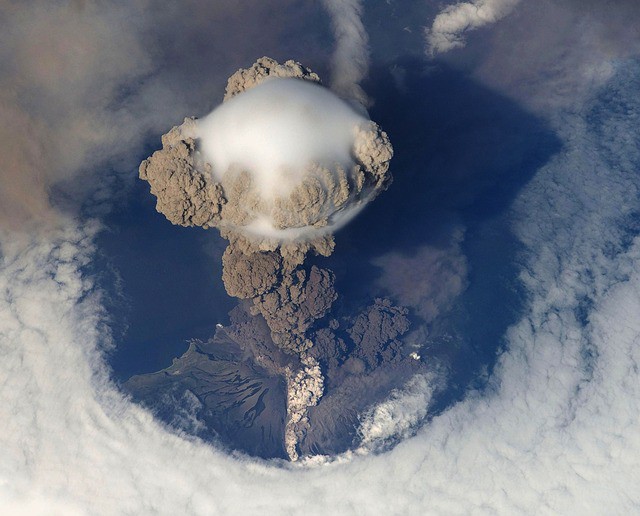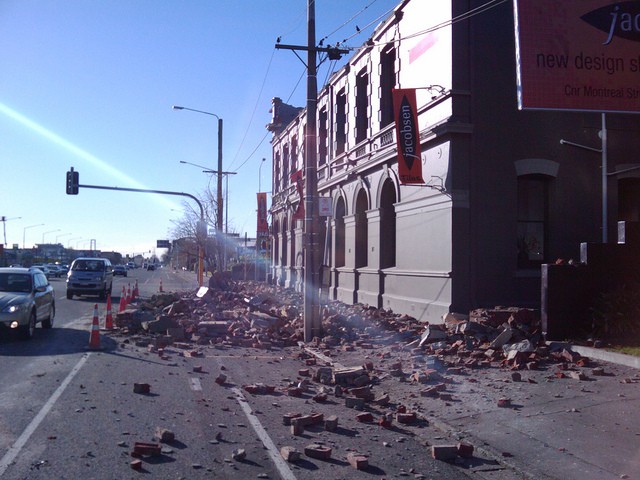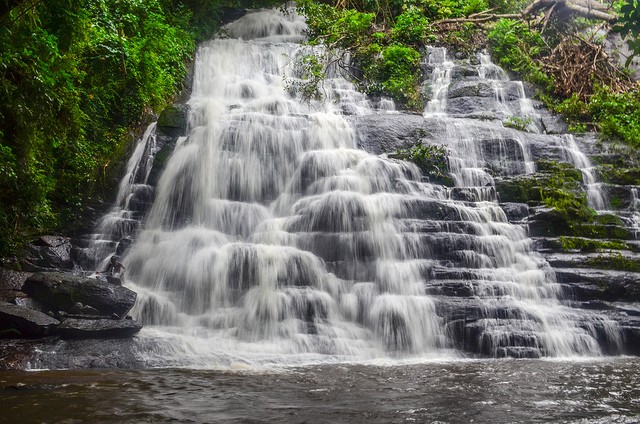Ecosystem – Components and Threats To an Ecosystem
Ecosystem is the interconnectedness of organisms including animals, plants, and microbes with each other and their non-living environment. Examples of the non-living aspects of the environment include climate, soil, water, sun, earth, rocks, atmosphere, temperature, and humidity. In an ecosystem, every living organism has an ecological niche. Hence, what makes an ecosystem is the complex…

